(3,4-Dimethoxyphenyl)aceticacid CAS:93-40-3
| Catalog Number | XD95093 |
| Product Name | (3,4-Dimethoxyphenyl)aceticacid |
| CAS | 93-40-3 |
| Molecular Formula | C10H12O4 |
| Molecular Weight | 196.2 |
| Storage Details | Ambient |
Product Specification
| Appearance | White powder |
| Assay | 99% min |
(3,4-Dimethoxyphenyl)acetic acid, also known as veratric acid, is a compound with the molecular formula C10H12O4. It belongs to the class of aromatic acids and has been studied for its various effects and potential applications.One of the notable effects of (3,4-Dimethoxyphenyl)acetic acid is its antioxidant activity. Antioxidants are substances that can help protect cells from damage caused by harmful molecules called free radicals. Studies have shown that (3,4-Dimethoxyphenyl)acetic acid possesses strong antioxidant properties, which may have beneficial effects on human health. Antioxidants are believed to play a role in reducing the risk of chronic diseases such as heart disease, cancer, and neurodegenerative disorders.Another potential effect of (3,4-Dimethoxyphenyl)acetic acid is its anti-inflammatory activity. Inflammation is a natural immune response that helps the body fight against harmful stimuli, but chronic inflammation can lead to various health problems. Studies have suggested that (3,4-Dimethoxyphenyl)acetic acid has anti-inflammatory effects by inhibiting the production of pro-inflammatory molecules. This suggests that it may have therapeutic potential in the treatment of inflammatory conditions.Furthermore, (3,4-Dimethoxyphenyl)acetic acid has shown antimicrobial properties against certain bacteria and fungi. It has been investigated for its potential use as an antimicrobial agent in the development of new drugs to combat infections. These antimicrobial effects may be attributed to its ability to disrupt microbial cell membranes and interfere with essential cellular processes.Additionally, (3,4-Dimethoxyphenyl)acetic acid has been studied for its potential as an anticancer agent. Some research has shown that it can inhibit the growth and proliferation of cancer cells. It may work by inducing apoptosis (programmed cell death) and inhibiting angiogenesis (the formation of new blood vessels that tumors need to grow).In summary, (3,4-Dimethoxyphenyl)acetic acid exhibits various effects and has potential applications in the fields of antioxidants, anti-inflammatories, antimicrobials, and anticancer agents. Its antioxidant and anti-inflammatory properties suggest it may have positive effects on human health, particularly in reducing the risk of chronic diseases. Its antimicrobial activities make it a candidate for developing new antibiotics or antifungal drugs. Furthermore, its potential as an anticancer agent may have significant implications for cancer treatment. However, further research is necessary to fully understand its mechanisms of action and to explore its potential therapeutic uses.


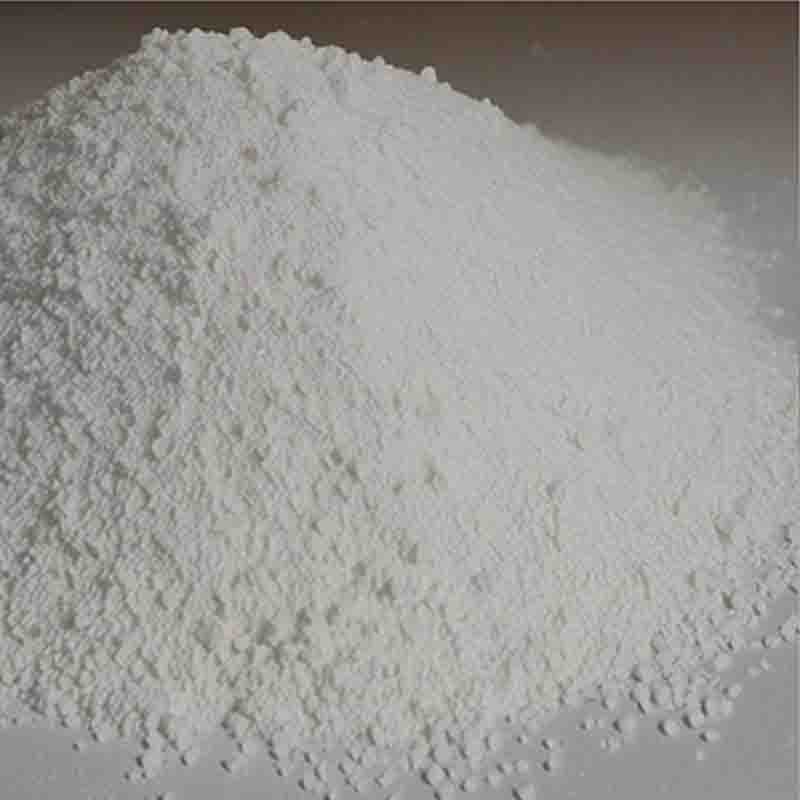

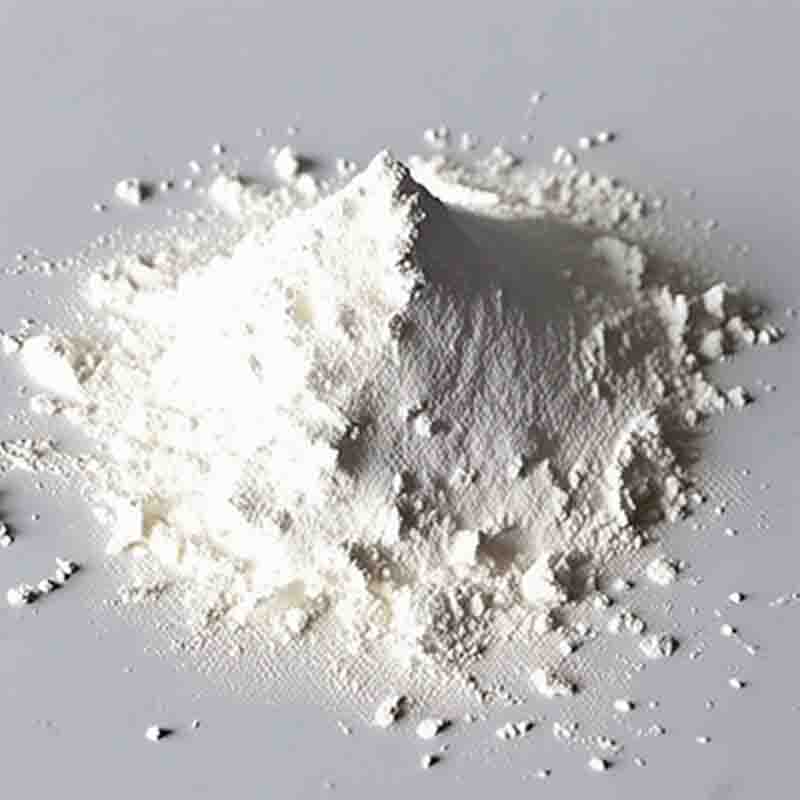
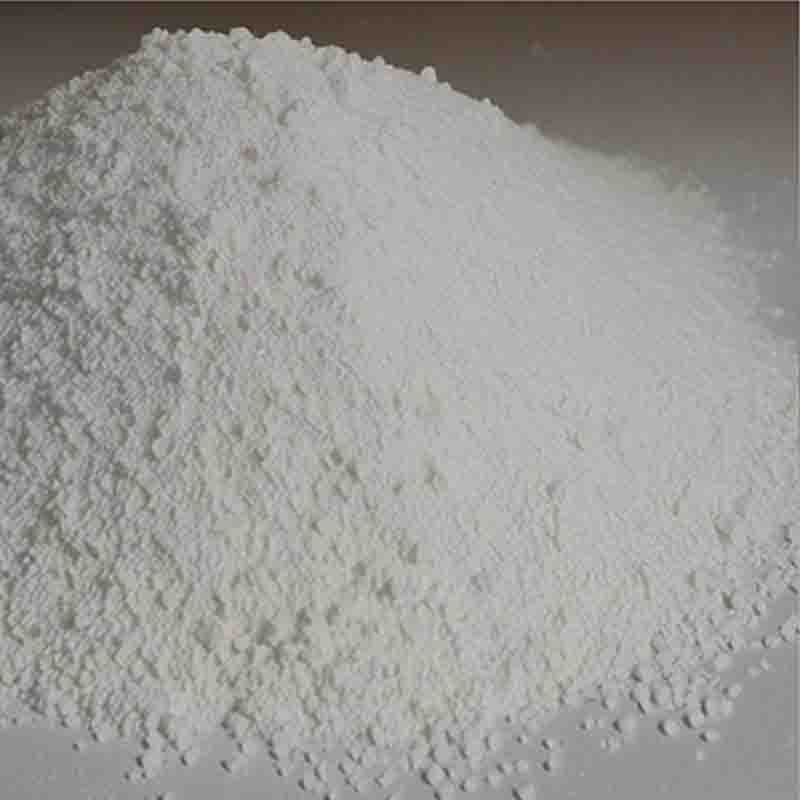
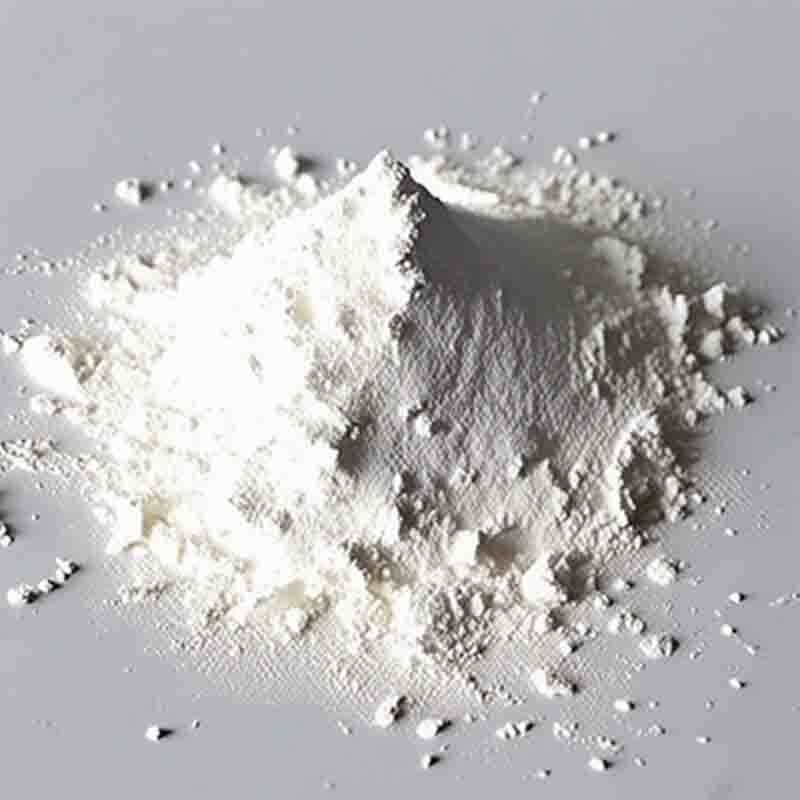
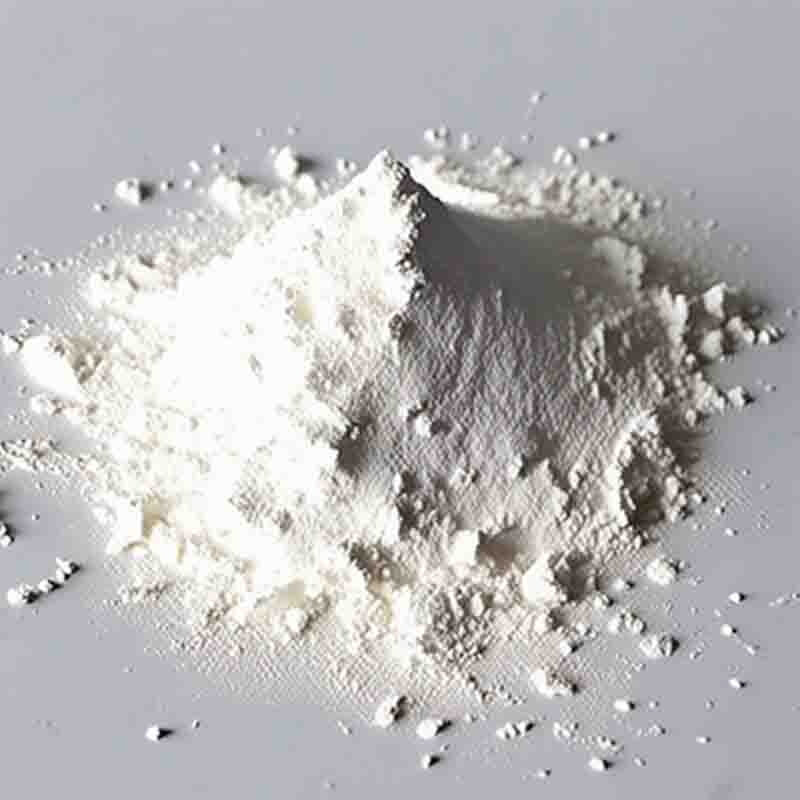

![N-[3-(Isodecyloxy)propyl]propane-1,3-diamine Cas:72162-46-0](https://cdn.globalso.com/xdbiochems/未标题-190.jpg)